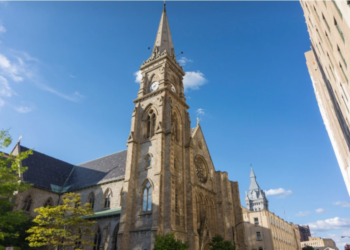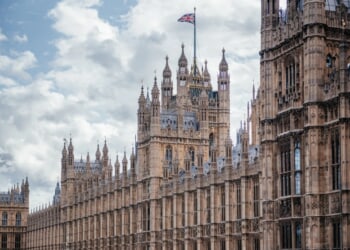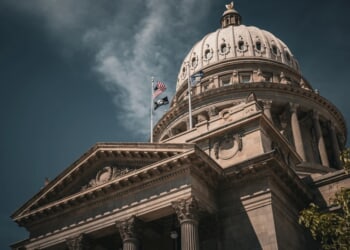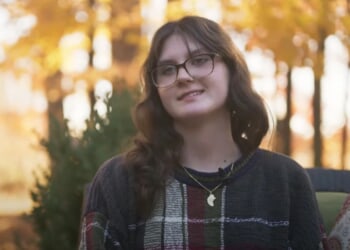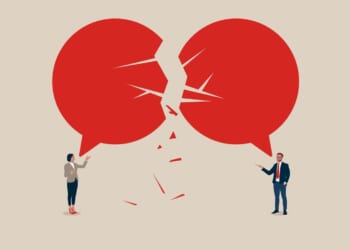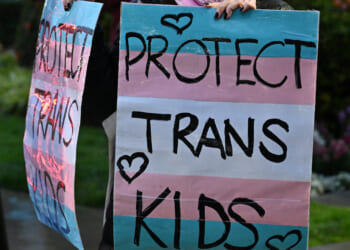Washington D.C., Apr 8, 2025 /
15:39 pm
The U.S. Senate confirmation hearing for CatholicVote president Brian Burch to serve as the U.S. ambassador to the Holy See took place Tuesday morning, with Burch facing questions on how he plans to represent the Trump administration’s foreign aid cuts to the Vatican as well as his position on the Holy See’s relationship with China.
“I am deeply honored and humbled to be nominated by President [Donald] Trump to serve as the United States ambassador to the Holy See,” Burch told the Senate Foreign Relations Committee. “This is a role of great significance, and I am grateful for the trust President Trump and Secretary [of State Marco] Rubio have placed in me.”
Burch described the U.S.-Holy See relationship as “both unique and vital,” highlighting its character as being rooted not in traditional diplomacy but rather in “shared commitments to religious freedom, human dignity, global peace, and justice.”
The hearing took place alongside those of Trump’s ambassadorship nominees to Croatia and Chile. Burch, a Catholic father of nine, answered questions from a handful of committee members, including committee chairman Sen. James Risch, R-Idaho; Sen. Jeanne Shaheen, D-New Hampshire; Sen. Pete Ricketts, R-Nebraska; and Sen. Rick Scott, R-Florida.
“This is going to be a very challenging issue,” Burch told the committee in response to questions regarding the Trump administration’s widespread cuts to foreign aid. “The secretary has made clear when he took office that he was recharging and refocusing our foreign aid on places that would make America safer, stronger, and more prosperous.”
“I think those criteria have to be met by these places,” he continued. “Of course, again, I think the partnership with the Holy See can be a very good one, but I think those partners have to understand that our foreign aid is not endless, that we can’t fund every last program.”
During the hearing Shaheen repeatedly pressed Burch on his support for the Trump administration’s foreign aid cuts and their impact on Catholic nonprofit organizations abroad.
At one point the New Hampshire senator asked Burch if he knew how much the U.S. spends on foreign aid, and whether he could name any programs that were not in keeping with American foreign policy interests.
Burch stated that he was “unaware of the exact numbers” and further stated that he had “read some of the stories” about superfluous foreign spending, citing one about alleged “transgender mice experiments,” a claim Shaheen disputed.
Burch said the situation regarding foreign aid “is going to be a process” and noted several aid organizations he had spoken to had had their grants reauthorized, while others are still pending.
Ricketts asked Burch for his thoughts on the Vatican-China deal, expressing concern that the communist-ruled government should be allowed to appoint Catholic bishops and that the arrangement encourages the continued persecution of religious minorities in the country.
“I think it’s important for the Holy See to maintain a posture of pressure and of applying pressure to the Chinese government around their human rights abuses, particularly their persecution of religious minorities, including Catholics,” Burch stated.
“I would encourage the Holy See as the United States ambassador, if I’m confirmed, to resist the idea that a foreign government has any role whatsoever in choosing the leadership of a private religious institution,” he said.
Scott, meanwhile, asked Burch what he believed he could achieve through diplomacy with the Vatican for hostages, including American citizens, still being held by Hamas in Gaza.
Burch said he believed the Holy See “can play a very significant role” by being “a partner in that conversation and [delivering] the necessary moral urgency of ending this conflict and hopefully securing a durable peace.”




